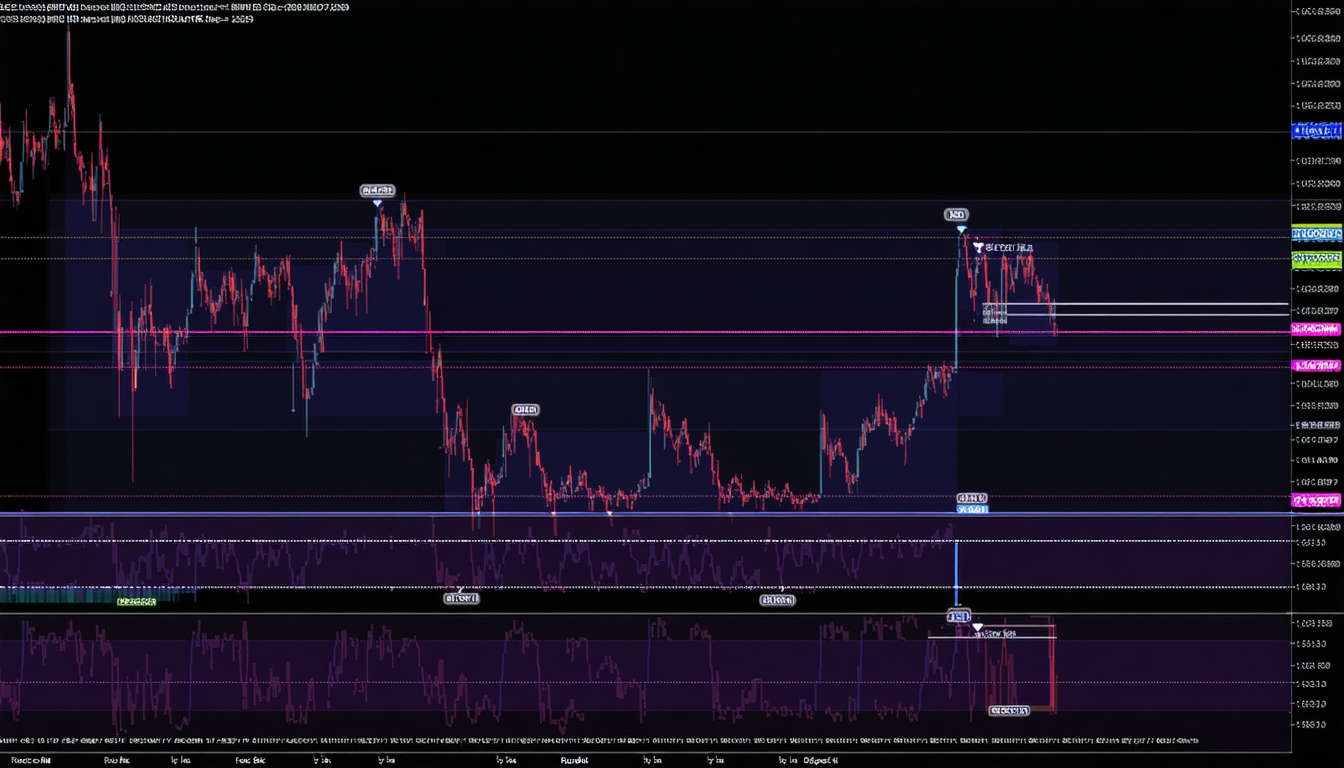The cryptocurrency market today is experiencing a surge in activity and innovation, with the United Kingdom emerging as a pivotal hub for digital asset growth. As of July 2025, major cryptocurrencies like Bitcoin and XRP are reaching new milestones, while London prepares to host influential industry events that could shape the sector’s future. This article examines the latest developments, regulatory shifts, and expert insights defining the current landscape.
Surge in Digital Asset Prices Drives Market Momentum
The cryptocurrency market today has seen robust momentum throughout July 2025. Leading digital assets such as XRP have posted significant gains; XRP currently trades at £2.70 ($3.47), boasting a market capitalization exceeding £160 billion ($204 billion). Over the past year, XRP has surged by more than 470%, making it one of the top-performing cryptocurrencies globally.
Bitcoin also continues its upward trajectory. According to recent trading data, there is strong speculation that Bitcoin could surpass $125,000 before month-end—a milestone driven by increased institutional investment and growing mainstream acceptance.
“Market dynamics reveal strong institutional interest,” says Michael Bentley, CEO of Euler Finance. “We’re seeing conviction buying at key technical levels across multiple assets.”
Trading volumes for leading coins have reached record highs this month—XRP alone saw daily volumes near £7.6 billion ($9.74 billion) over several sessions—indicating heightened investor engagement across both retail and professional segments.
Regulatory Advances Bolster Confidence
Regulatory clarity remains central to sustaining growth in the cryptocurrency market today within the UK’s borders. Recent breakthroughs on compliance frameworks have encouraged greater participation from traditional financial institutions (“TradFi”), which had previously approached crypto markets with caution due to legal uncertainties.
London will soon host Zebu Live 2025—the country’s premier Web3 summit—where leaders from both traditional finance and blockchain sectors will discuss evolving regulations and their impact on innovation. Confirmed speakers include Rebecca Simmonds (Walrus Foundation), Camilla McFarland (G20), Michael Bentley (Euler Finance), Julien Bittel (Global Macro Investor), Eran Barak (Shielded Technologies), Daniel Slutzkin (Gemini), Katie Harries (Coinbase Head of International Policy) among others.
“The UK is positioning itself as a leader in responsible crypto adoption,” notes Jeff Hancock, CEO of Coinpass. “Collaboration between regulators and industry players is critical for sustainable growth.”
More than 4,500 attendees are expected at Tobacco Dock this October for keynote sessions covering topics such as compliance best practices, decentralized finance trends (“DeFi”), cybersecurity innovations—and hands-on hackathons aimed at fostering developer talent.
Innovation Expands Utility Beyond Trading
Beyond price action and regulation, technological advancements continue to broaden how digital assets are used within everyday life:
- Cloud Mining Solutions: Companies like BlockchainCloudMining now offer stable yield contracts tailored for highly liquid assets such as XRP.
- Investors can earn daily dividends without managing physical mining infrastructure.
- The platform reports users earning upwards of $7,700 per day through these innovative models.
- Cybersecurity Frameworks: New security protocols launched by digital asset brokers aim to protect investors against rising threats targeting crypto holdings.
- Decentralized Applications: Developers leverage blockchain technology not only for payments but also supply chain management, identity verification solutions—and even insurance products designed specifically for Web3 environments.
According to Itai Elizur of MarketAcross: “We’re witnessing an era where utility matters just as much as price appreciation; projects that solve real-world problems attract lasting capital.”
Implications for Investors and Stakeholders
For UK-based investors navigating the cryptocurrency market today:
– Volatility remains high; while opportunities abound during rallies like those seen this summer,
– Regulatory changes can swiftly alter risk profiles,
– Institutional adoption signals growing legitimacy but may introduce new forms of competition,
– Technological advances create fresh avenues beyond speculative trading—including passive income streams via cloud mining or staking platforms,
Industry professionals advise maintaining diversified portfolios while staying informed about policy updates from both domestic agencies like HM Treasury or FCA—and international bodies shaping global standards.
“Education is paramount,” emphasizes Phil Kwowk from EasyA Co-Founder team.“Investors should understand not only what they buy but why certain projects succeed over time.”
Looking Ahead: What’s Next?
As London cements its status as Europe’s fintech capital—with flagship events drawing thousands—the outlook remains cautiously optimistic:
- Further integration between traditional finance firms (“TradFi”)and blockchain startups could unlock new products tailored specifically for British consumers;
- Ongoing dialogue between policymakersand industry leaders promises more transparent rulesets;
- Continued innovation around securityand scalability may help address lingering concerns about mass adoption;
While challenges persist—including potential regulatory headwinds or macroeconomic shocks—the resilience shown by core cryptocurrencies suggests that digital assets will remain integralto modern financial systems well into next yearand beyond.The United Kingdom stands poisedto playa leading rolein shapingthis rapidly evolving landscapeas stakeholdersacross sectorscollaboratefor shared successinthecryptocurrency marke t today .
















Leave a comment